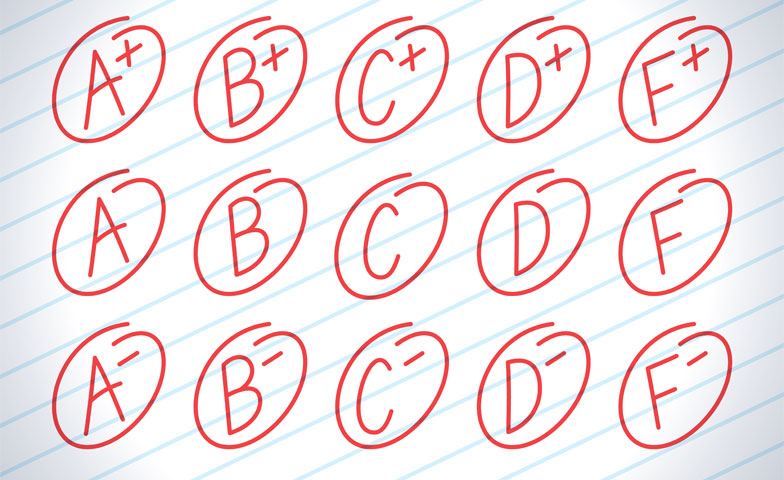Erik M. Francis, M.Ed., M.S. is an author, educator, and speaker who specializes in teaching and learning that promotes cognitive rigor and postsecondary (college and career) readiness. He is the author of Now THAT’S a Good Question! How to Promote Cognitive Rigor Through Classroom Questioning (ASCD). He is also the owner of Maverik Education LLC, providing academic
Assessment

Making sure every student has a fair opportunity to demonstrate academic proficiency Evaluating student performance using progressive assessment practices seems to have some people misled regarding its purpose. As my district has moved towards standards-based reporting of student progress, we find ourselves, as expected, explaining the reason behind this shift from traditional grading practices. One
0

Listening to sixth graders to shape positive outcomes for the use of rubrics With the demand for increased accountability in education today, we must select the most effective assessment approaches to use with our students. Rezaei and Lovorn’s article, “Reliability and Validity of Rubrics for Assessment through Writing,” described our reliance on the use of
0

Essential steps to developing a standards-based classroom For too long, assessment has been something that is done to learners, and not with learners. Assessment has the power to build confidence, increase hope, and develop strong, reflective learners when used correctly. However, traditionally, assessment has often been a “gotcha” experience or a moment in time to place a value
0

Seven ways educators can help students look beyond grades “There’s no way I’m taking honors biology next year,” Katie told me. “It’s going to wreck my GPA.” She was in eighth grade and contemplating the high school course options. I knew Katie collected insects for fun and had memorized every bone in the human body.
0

Assess with a commitment to compassion, collaboration, and the goal of helping students succeed It’s easy to become jaded about assessment, but I’m going to offer a different view that will hopefully make assessment a tool for learning instead of just an after-the-fact event. We can’t always control all of the assessments our students take, so set
Read More… from Renewing Our Dedication to Assessing for Learning
0
0